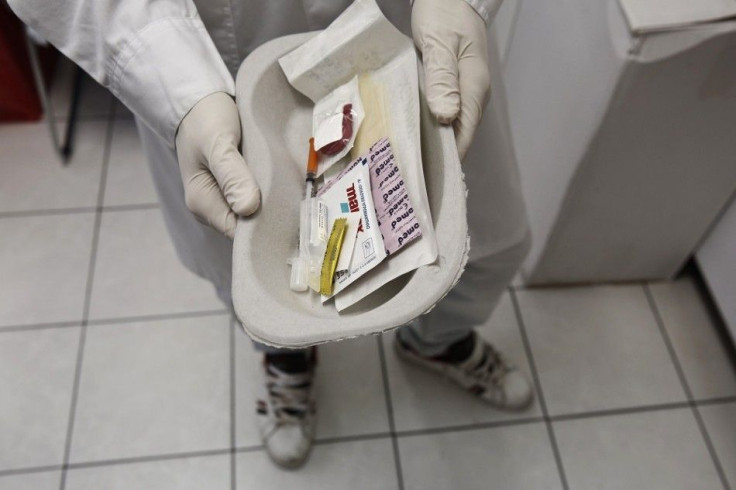Cashless welfare: Turnbull gov’t tipped to announce first target area for drug-testing

The Turnbull government is tipped to announce its first target for its drug-testing regime. Welfare recipients from Sydney’s Canterbury-Bankstown area are expected to be randomly tested for drugs starting next year.
On Tuesday, social services minister Christian Porter announced the start of the first of three trial sites for drug-testing. The federal government is reportedly poised to confirm that Canterbury-Bankstown will be among the three locations for a drug testing trial of job seekers.
Porter explained that the trial seeks to assist those looking for jobs by helping them conquer drug problems. The choice has been driven by high figures of new welfare entrants in the location, with at least 5,000 impacted, including about 1,750 from Canterbury-Bankstown.
The test will be conducted at a local Centrelink centre or a nearby facility, depending on its type. The government has assured that all tests will be conducted by a "suitably qualified representative and will be done in private." It means the police will not have access to the information.
"It is not about penalising or stigmatising people who have a barrier to employment which is as serious as drug abuse," Sydney Morning Herald quotes Porter as saying. He pointed out that the government wanted to assist people in such situation, as failure to do so will leave them at risk of a cycle of welfare dependency.
It will test new Centrelink entrants for ice, ecstasy and other illicit substances. Testers whose results will turn out positive are expected to be shunted on to cashless welfare cards. Their payments will be quarantined.
People who fail the test more than once will be referred to medical professionals. They will undergo assessment and treatment.
The drug-testing was included in the welfare bill introduced to the lower house. The government, however, is still negotiating with the Nick Xenophon Team for its passage through the Senate.
Xenophon has assured he would continue to negotiate “in good faith” with the government, but expressed concern about the plan. “There are literally thousands of Australians who want to get help, who want to beat the habit, who want to beat the addiction, but can’t get the relevant and requisite help, the intensive help that they need,” he said, according to the Guardian. The plan has been slammed by medical groups and welfare advocates since it was announced in the May budget.
WLKY News Louisville/YouTube




















